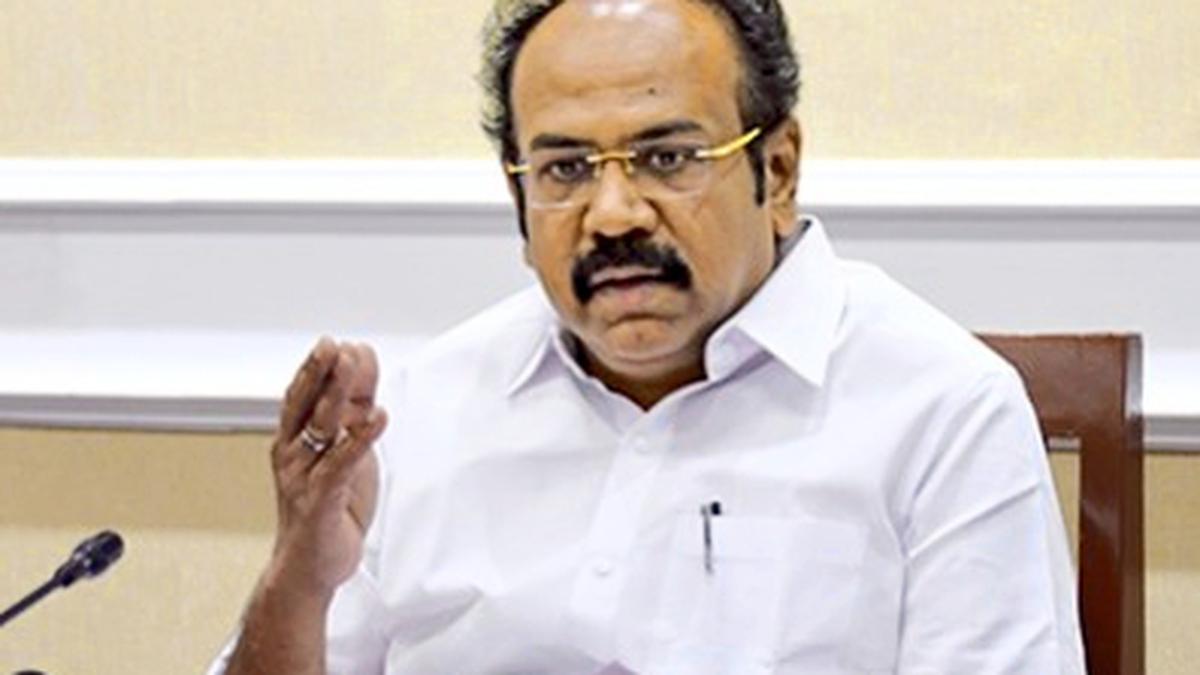
Tamil Nadu Finance Minister warns banks against deducting money from Magalir Urimai Thittam
The Hindu
The Minister said some banks have deducted money from the beneficiaries of Kalaignar Magalir Urimai Thittam as service charge or over outstanding dues
Against the backdrop of complaints that some banks have been deducting money from the accounts of beneficiaries of Kalaignar Magalir Urimai Thittam against outstanding dues or citing administrative costs/service charges, Finance Minister Thangam Thennarasu on September 17 said action would be taken against banks that violated the agreements.
The Minister underlined the agreements signed between the State government and the banks that money from the Magalir Urimai Thittam should not be deducted over administrative costs. “The transactions from those banks that violate the agreement would be transferred and further action would be initiated.”
Also read: What is the scheme Kalaignar Magalir Urimai Thittam in Tamil Nadu all about? | Explained
Referring to some complaints that have come to the notice of the State government, the Minister said some banks have deducted money from the beneficiaries of Kalaignar Magalir Urimai Thittam as service charge or over outstanding dues.
“This is unfortunate. The Tamil Nadu government has adviced against deducting money it credits to beneficiaries during a meeting of the State Level Bankers Committee. It is not acceptable that some banks still do not follow this advisory,” Mr. Thennarasu said.
In a statement, Mr. Thennarasu said that a letter is to be written to the Union Finance Minister reiterating that deduction should not be made from the Kalaignar Magalir Urimai Thittam, which was a welfare measure for women by the Tamil Nadu government.
“In case money was deducted from the Magalir Urimai Thogai, complaints could be made to the Mudhalvarin Mugavari helpline at 1100. Appropriate action would be taken over these complaints,” the Finance Minister said.













